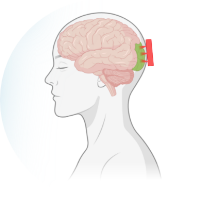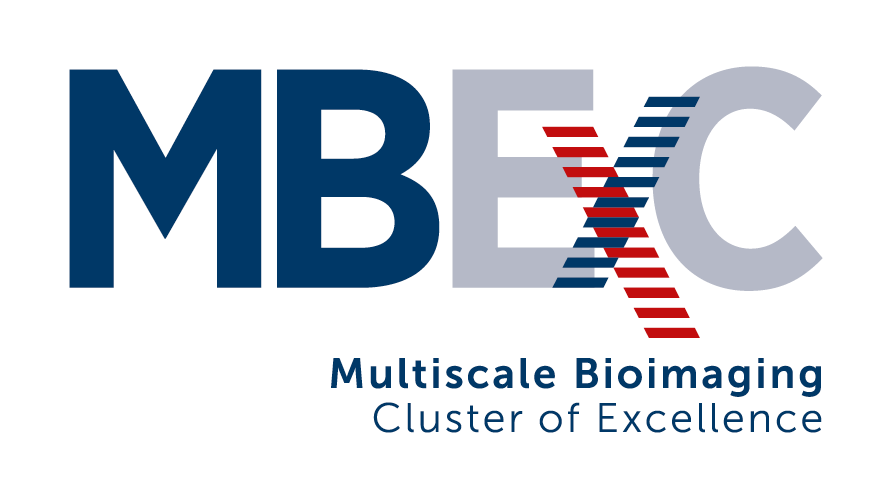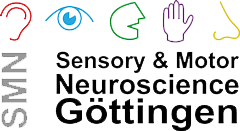Team IV
Optogenetic Cortical Interfaces
Vision loss due to optic nerve atrophy and neuropathy affects approximately 63 million people worldwide, with similar numbers suffering from loss of limb functionality. Currently, treatments for these debilitating conditions are insufficient. The team 4 at the EKFZ Center for Optogenetic Therapies is focused on developing closed-loop optogenetic brain-computer interfaces (oBCIs) aimed at restoring vision and enabling dexterous movement in prosthetic hands. Optogenetic manipulation of brain circuits, which is widely utilized in fundamental neuroscience, is still in the early stages of being translated for clinical use. Challenges with current commercial BCIs include broad current spread and tissue scarring, which reduce efficacy shortly after implantation. However, optogenetic stimulation offers a more spatially confined and tissue-penetrating solution.
The EKFZ Center for Optogenetic Therapies is advancing the development of high-density, closed-loop oBCIs. For vision restoration, this involves targeting specific brain areas that maintain functionality despite optic nerve damage, initially tested in marmoset models. For restoring motor and sensory functions in limbs, the approach includes integrating feedback systems in prosthetic devices to simulate sensory inputs, controlled by brain activity. These initiatives involve close collaboration across various research platforms to refine the technology and ensure it is safe and effective for future clinical trials. The long-term goal includes extensive preclinical trials in non-human primates to set the stage for clinical testing.








